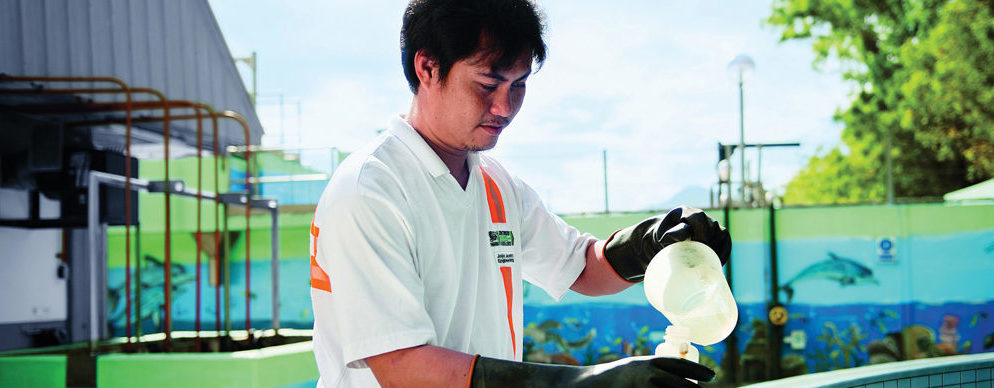Effective wastewater treatment is a prerequisite to prevent exposure of human populations to pathogens and toxic substances. Wastewater is also a potential source of energy and nutrients, and could be a valuable resource to farmers and industry. How can we manage these different interests and at the same time provide clean water and sanitation for all?
Wastewater is a potential source of energy and nutrients as well as a hazardous risk to public health if untreated. Still, 80 % of all wastewater globally is untreated. The difference between low- and high-income countries is large when it comes to wastewater, with only a small proportion of treated wastewater in low-income countries. But even in high-income countries where wastewater is collected and managed, it often only undergoes partial treatment.
A recently published policy brief on wastewater governance outlines its challenges and solutions by delving deeper into case studies of wastewater management in several geographic regions ranging from Sweden to Jordan. In Sweden, a project for blackwater recycling managed to recycle about 90 percent of nutrients from household wastewater. In Jordan, the country with the lowest levels of water resource availability per capita in the world, a project using treated wastewater as irrigation allowed farmers to save more than half of their fertilization costs.
Low- and high-income countries faces different challenges, but the case studies clearly show that the role of local government is crucial for efficient use of wastewater. Local regulations are key to strengthening wastewater governance and have the potential to provide opportunities for resource sharing. Promoting wastewater treatment that benefits all interests can bring important advancements towards the SDG 6 on clean water and sanitation for all.
The policy brief is based on the experiences shared during the event Balancing competing interests and opportunities for better wastewater governance, held at World Water Week 2017, jointly organized by Stockholm Environment Institute, SIANI, GIZ, the UNDP-SIWI Water Governance Facility, CEPT University, the Water Research Commission of South Africa, and the Sustainable Sanitation Alliance.
